 Welcome
Welcome
“May all be happy, may all be healed, may all be at peace and may no one ever suffer."
Teen depression

Teen depression is a serious mental health condition that affects teenagers and young adults. It is characterized by persistent feelings of sadness, hopelessness, and worthlessness that can interfere with daily life, relationships, and academic performance.
Symptoms of teen depression may include:
- Persistent feelings of sadness, hopelessness, or emptiness
- Irritability or anger
- Loss of interest in activities that were once enjoyable
- Changes in appetite or sleep patterns
- Fatigue or lack of energy
- Difficulty concentrating or making decisions
- Feelings of guilt or worthlessness
- Thoughts of death or suicide
There are a number of risk factors that may increase the likelihood of teen depression, including a family history of depression or other mental health conditions, a history of trauma or abuse, chronic illness or disability, and substance abuse.
Treatment for teen depression typically involves a combination of talk therapy (such as cognitive behavioral therapy or interpersonal therapy) and medication (such as antidepressants) if needed. In some cases, other types of therapy such as art therapy or music therapy may be helpful. Lifestyle changes, such as regular exercise and good nutrition, can also be beneficial.
It is important for parents, teachers, and healthcare providers to be aware of the signs of teen depression and to seek help if they suspect that a teenager may be struggling with the condition. If a teenager expresses thoughts of self-harm or suicide, it is important to take these statements seriously and seek immediate medical attention.
Research Papers
Disease Signs and Symptoms
- Strong depression
- Angry outbursts, disruptive or risky behavior, or other acting-out behaviors
- Less attention to personal hygiene or appearance
- Ongoing sense that life and the future are grim and bleak
- Extreme sensitivity to rejection or failure, and the need for excessive reassurance
- Fixation on past failures or exaggerated self-blame or self-criticism
- Loss of interest in, or conflict with, family and friends
- Frustration or feelings of anger, even over small matters
- Feelings of sadness, which can include crying spells for no apparent reason
- Rapid mood chang
- Hopeless
- Excessive anger
- Depression, anxiety and irritability
- Self-harm for example, cutting, burning, or excessive piercing or tattooing
Disease Causes
Teen depression
It's not known exactly what causes depression, but a variety of issues may be involved. These include:
- Brain chemistry. Neurotransmitters are naturally occurring brain chemicals that carry signals to other parts of your brain and body. When these chemicals are abnormal or impaired, the function of nerve receptors and nerve systems changes, leading to depression.
- Hormones. Changes in the body's balance of hormones may be involved in causing or triggering depression.
- Inherited traits. Depression is more common in people whose blood relatives — such as a parent or grandparent — also have the condition.
- Early childhood trauma. Traumatic events during childhood, such as physical or emotional abuse, or loss of a parent, may cause changes in the brain that make a person more susceptible to depression.
- Learned patterns of negative thinking. Teen depression may be linked to learning to feel helpless — rather than learning to feel capable of finding solutions for life's challenges.
Disease Prevents
Teen depression
There's no sure way to prevent depression. However, these strategies may help. Encourage your teenager to:
- Take steps to control stress, increase resilience and boost self-esteem to help handle issues when they arise
- Reach out for friendship and social support, especially in times of crisis
- Get treatment at the earliest sign of a problem to help prevent depression from worsening
- Maintain ongoing treatment, if recommended, even after symptoms let up, to help prevent a relapse of depression symptoms
Disease Treatments
Treatment depends on the type and severity of your teenager's depression symptoms. A combination of talk therapy (psychotherapy) and medication can be very effective for most teens with depression.
If your teen has severe depression or is in danger of self-harm, he or she may need a hospital stay or may need to participate in an outpatient treatment program until symptoms improve.
Here's a closer look at depression treatment options.
Medications
The Food and Drug Administration (FDA) has approved two medications for teen depression — fluoxetine (Prozac) and escitalopram (Lexapro). Talk with your teen's doctor about medication options and possible side effects, weighing the benefits and risks.
FDA alert
Most antidepressants are generally safe, but the FDA requires all antidepressants to carry a black box warning, the strictest warning for prescriptions. In some cases, children, teens and young adults under 25 may have an increase in suicidal thoughts or behavior when taking antidepressants, especially in the first few weeks after starting or when the dose is changed.
Anyone taking an antidepressant should be watched closely for worsening depression or unusual behavior, especially when first beginning a new medication or with a change in dosage. If your teen has suicidal thoughts while taking an antidepressant, immediately contact your doctor or get emergency help.
For most teens, the benefits of taking an antidepressant likely outweigh any risks. Keep in mind that antidepressants are more likely to reduce suicide risk in the long run by improving mood.
Finding the right medication
Everyone's different, so finding the right medication or dose for your teen may take some trial and error. This requires patience, as some medications need several weeks or longer to take full effect and for side effects to ease as the body adjusts. Encourage your teen not to give up.
Inherited traits play a role in how antidepressants affect different people. In some cases, where available, results of genetic tests (done by blood test or cheek swab) may offer clues about how the body may respond to a particular antidepressant. However, other variables besides genetics can affect response to medication.
Managing medications
Carefully monitor your teen's use of medications. To work properly, antidepressants need to be taken consistently at the prescribed dose. Because overdose can be a risk for teens with depression, the doctor may prescribe only small supplies of pills at a time, or recommend that you dole out medication so that your teen does not have a large amount of pills available at once.
If your teen has bothersome side effects, he or she shouldn't stop taking an antidepressant without talking to the doctor first. Some antidepressants can cause withdrawal symptoms unless the dose is slowly tapered off — quitting suddenly may cause a sudden worsening of depression.
Antidepressants and pregnancy
If your teen is pregnant or breast-feeding, some antidepressants may pose an increased health risk to the unborn or nursing child. If your teen becomes pregnant or plans to become pregnant, make certain your teen talks to the doctor about antidepressant medications and managing depression during pregnancy.
Psychotherapy
Psychotherapy, also called psychological counseling or talk therapy, is a general term for treating depression by talking about depression and related issues with a mental health professional. Different types of psychotherapy can be effective for depression, such as cognitive behavioral therapy or interpersonal therapy.
Psychotherapy may be done one-on-one, with family members or in a group. Through regular sessions, your teen can:
- Learn about the causes of depression
- Learn how to identify and make changes in unhealthy behaviors or thoughts
- Explore relationships and experiences
- Find better ways to cope and solve problems
- Set realistic goals
- Regain a sense of happiness and control
- Help ease depression symptoms such as hopelessness and anger
- Adjust to a crisis or other current difficulty
Hospitalization and other treatment programs
In some teens, depression is so severe that a hospital stay is needed, especially if your teen is in danger of self-harm or hurting someone else. Getting psychiatric treatment at a hospital can help keep your teen calm and safe until symptoms are better managed.
Day treatment programs also may help. These programs provide the support and counseling needed while your teen gets depression symptoms under control.
Disease Diagnoses
Disease Allopathic Generics
Disease Ayurvedic Generics
Disease Homeopathic Generics
Disease yoga
Teen depression and Learn More about Diseases

Nonmelanoma skin cancer
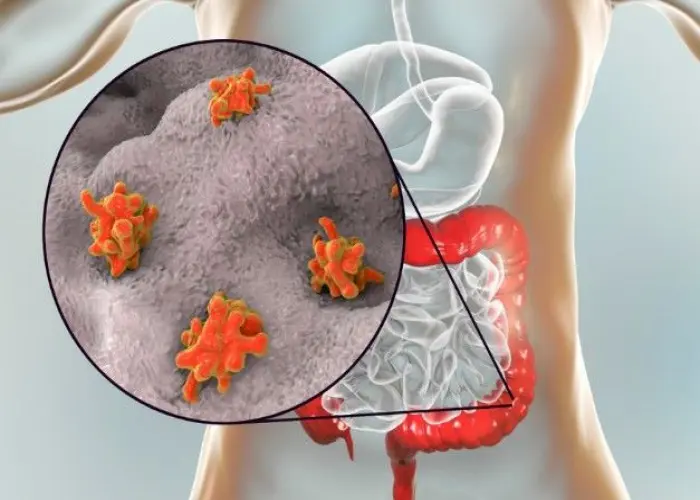
Amoebic Dysentry
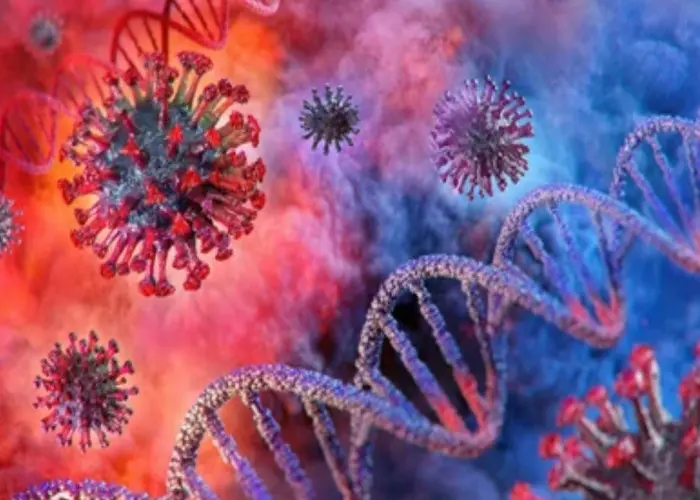
Coronavirus disease 2019 (COVID-19)

Arthritis
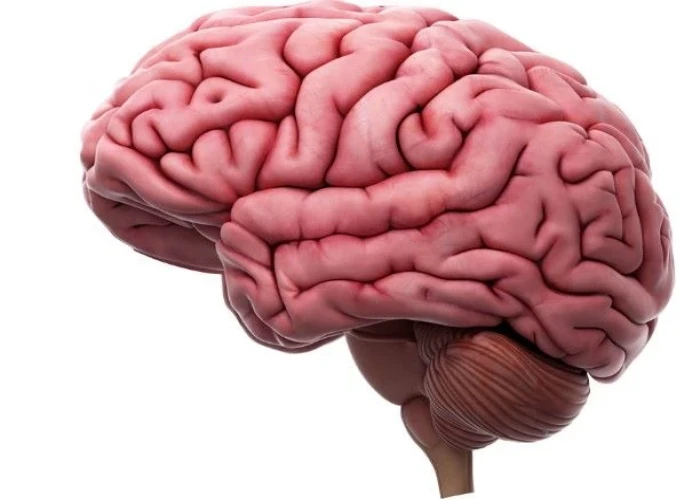
Posterior cortical atrophy
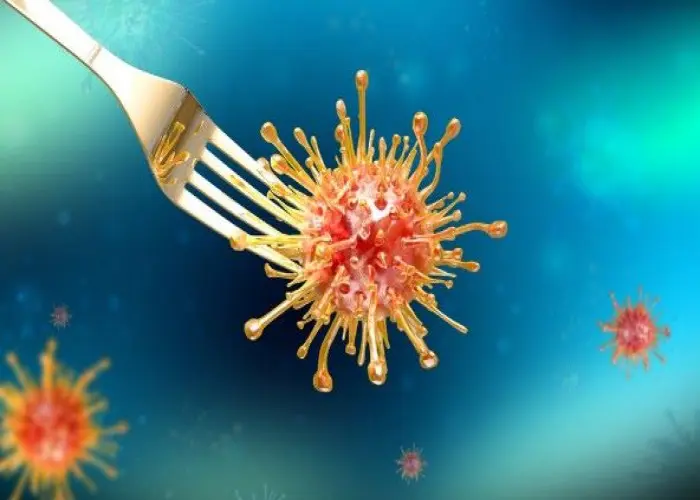
Food poisoning
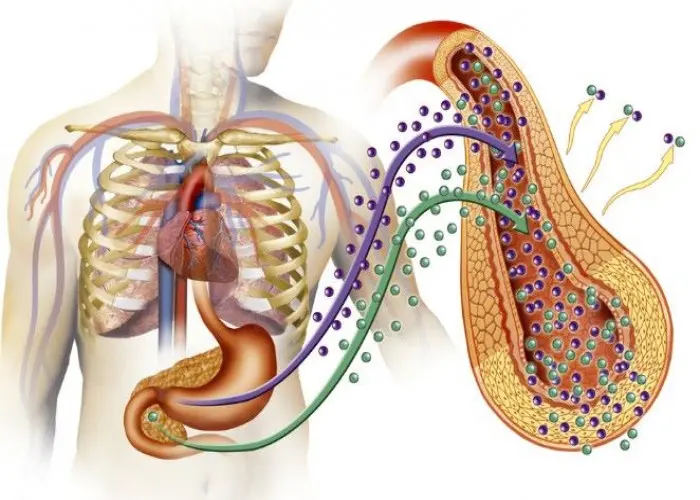
Diabetic hyperosmolar syndrome
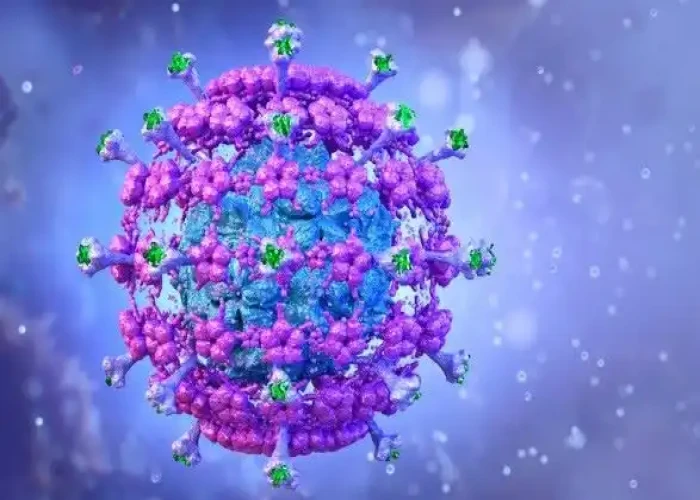
Viral gastroenteritis (stomach flu)
teen depression, কিশোরী হতাশা
To be happy, beautiful, healthy, wealthy, hale and long-lived stay with DM3S.
